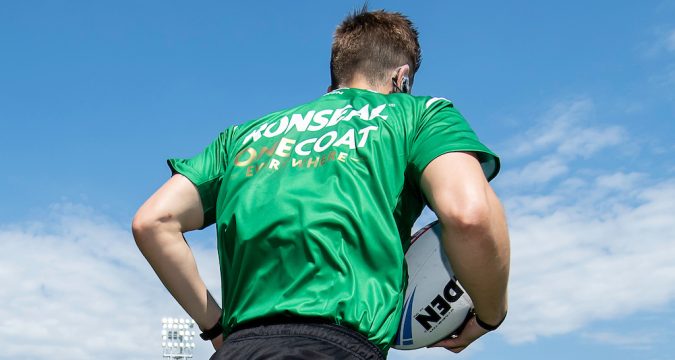 HEADCAMS have proved to be a gamechanger in the National Conference League – but the battle against abuse of match officials continues.
That’s the considered view of the NCL’s experienced disciplinary chair Billy Dillon, who is delighted to report a reduction, for a third successive year, in the number of cases being heard, but who is keen
HEADCAMS have proved to be a gamechanger in the National Conference League – but the battle against abuse of match officials continues.
That’s the considered view of the NCL’s experienced disciplinary chair Billy Dillon, who is delighted to report a reduction, for a third successive year, in the number of cases being heard, but who is keen NCL disciplinary cases fall for third year in a row – but concern over referee abuse
 HEADCAMS have proved to be a gamechanger in the National Conference League – but the battle against abuse of match officials continues.
That’s the considered view of the NCL’s experienced disciplinary chair Billy Dillon, who is delighted to report a reduction, for a third successive year, in the number of cases being heard, but who is keen
HEADCAMS have proved to be a gamechanger in the National Conference League – but the battle against abuse of match officials continues.
That’s the considered view of the NCL’s experienced disciplinary chair Billy Dillon, who is delighted to report a reduction, for a third successive year, in the number of cases being heard, but who is keen 